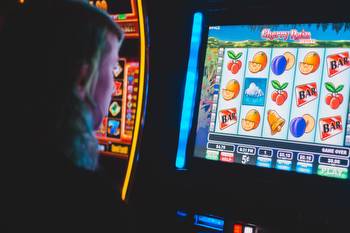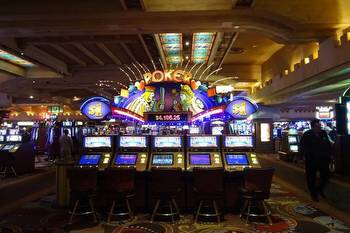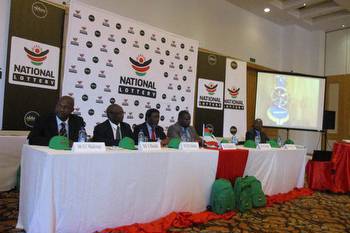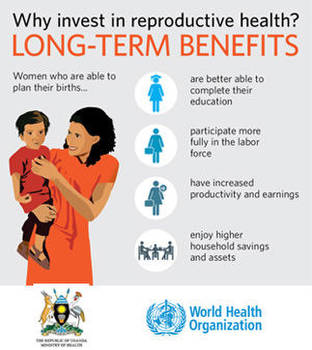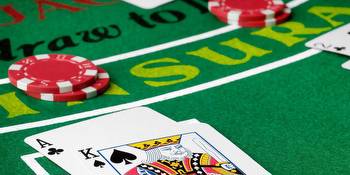How Does Gambling In Africa Work?

Over 1.2 billion people call the African continent home, making it the second-largest continent in the world, behind Asia, with 16.3% of the world’s population.
Nigeria has the world’s seventh-largest population, so that’s where we’ll be focusing our attention. The Democratic Republic of the Congo is ranked seventeenth, while Kenya is ranked thirty-ninth.
Africa might easily become the next great gambling market in the next few years due to its potential, which is based on the continent’s large population and the consequent income. It is worth noting that as time goes by the popularity of online casino games in African countries increases. One of the main examples of this is pai gow poker, which is one of the most played online casino games in the African gambling industry. In addition to that, gamblers in Africa have several opportunities. For this reason, the competition among online casinos increased in Africa.

Consequently, the services and games for African players become more sophisticated. It is also worth mentioning that embracing blockchain technology had a positive effect on expanding the African casino industry. It should also be mentioned that the spread of Covid-19 which left many people unemployed had a drastic effect on the gambling sector in Africa, as many people saw gambling as an alternative way to generate money.
A large part of Africa’s untapped potential in gaming may be attributed to the continent’s relative youth and a plethora of untapped chances.
Recognizing the potential, however, is not the same as putting in place the structures necessary to fully exploit it. Knowledge, contacts, and expertise are required to navigate the local laws, regulations, and licensing requirements. That’s where we step in, to make it all come to fruition.
Gambling Laws In African Countries
This analysis from PriceWaterhouseCoopers, entitled “Gaming Outlook 2013/17,” looked at the potential growth rates of gambling in Africa over the next several years. Of the nations in the research, Nigeria was found to have the most potential for year-on-year growth, which could be as high as 17%.
Following a law passed in 2011, procedures and penalties for Money Laundering offenses in the Gambling business were established.
When compared to the other Gambling Acts in Nigeria, both of them are quite new. For instance, the Criminal Code of 1990 has a definition of “gambling”, while the Gaming Devices Act of 1977 governs gaming machines like video poker and slots.
The Nigerian government does not seem to have a specific strategy in place for updating this law at this time.
When the first Nigerian online casino opened its virtual doors in 2013, it was a big deal. Despite the fact that NairaGames Casino has since shut down, it serves as proof that obtaining approval to run a legal online casino in Nigeria is not impossible. There are five licensed online sportsbooks, two of which also include online casino games, as further confirmation of this.
According to Nigerian legislation, there are three licensed brick-and-mortar casinos where players may participate in skill-based card games such as Casino Hold’em, Roulette, and Backgammon. More money is made from gambling at these three casinos than is made from all the other casinos’ combined thanks to their sports betting options.
Another small number of Nigerian-owned and operated sports betting sites are now available. Regulated and highly sought for, these items are a huge hit.
First and foremost, the Betting Control and Licensing Board, which was established to oversee all elements of gambling in Kenya, was given authority.
There are a total of 28 gambling establishments in Kenya, as well as 11 bingo halls, 3 sportsbooks, and a horseracing track.
In this regard, Kenya’s approach to gambling regulation is more organized and official than that of other African nations, such as Nigeria, which has previously been given as an example.
The fact that gaming is a significant source of state income demonstrates the state’s formal and organized approach to the industry inside its boundaries. Lottery wins are taxed at a 20% rate, and operators are taxed further via taxes and licensing fees.
Contact the Betting Control and Licensing Board and fill out a form known as 13A to apply for a gambling license in Kenya. Pay a fee to do an inquiry into whether the applicant is qualified before they can forward their application. The Board will next make a decision on whether or not to provide a license to the applicant.
Gambling is not regulated by a Gaming Authority in Congo, unlike in Kenya. Instead, it is the responsibility of the government to control gambling, and the lack of a specialized entity does not imply that gambling is unregulated in the country. There are institutions and processes in place that ensure gambling operations are regulated, tax is paid by licensees, and the earnings of conducting lotteries are used for charitable purposes.
Gambling is permitted in the Democratic Republic of the Congo, where it has been regulated since 2005. According to the definition that has been updated since then, these games include lottery, slot, and other games where human participation or engagement does not influence the actual result of the game. There are 60% governmental ownership and 40% private ownership of the National Lottery, which was legalized by Presidential Order No. 84-155 back in 1984.










